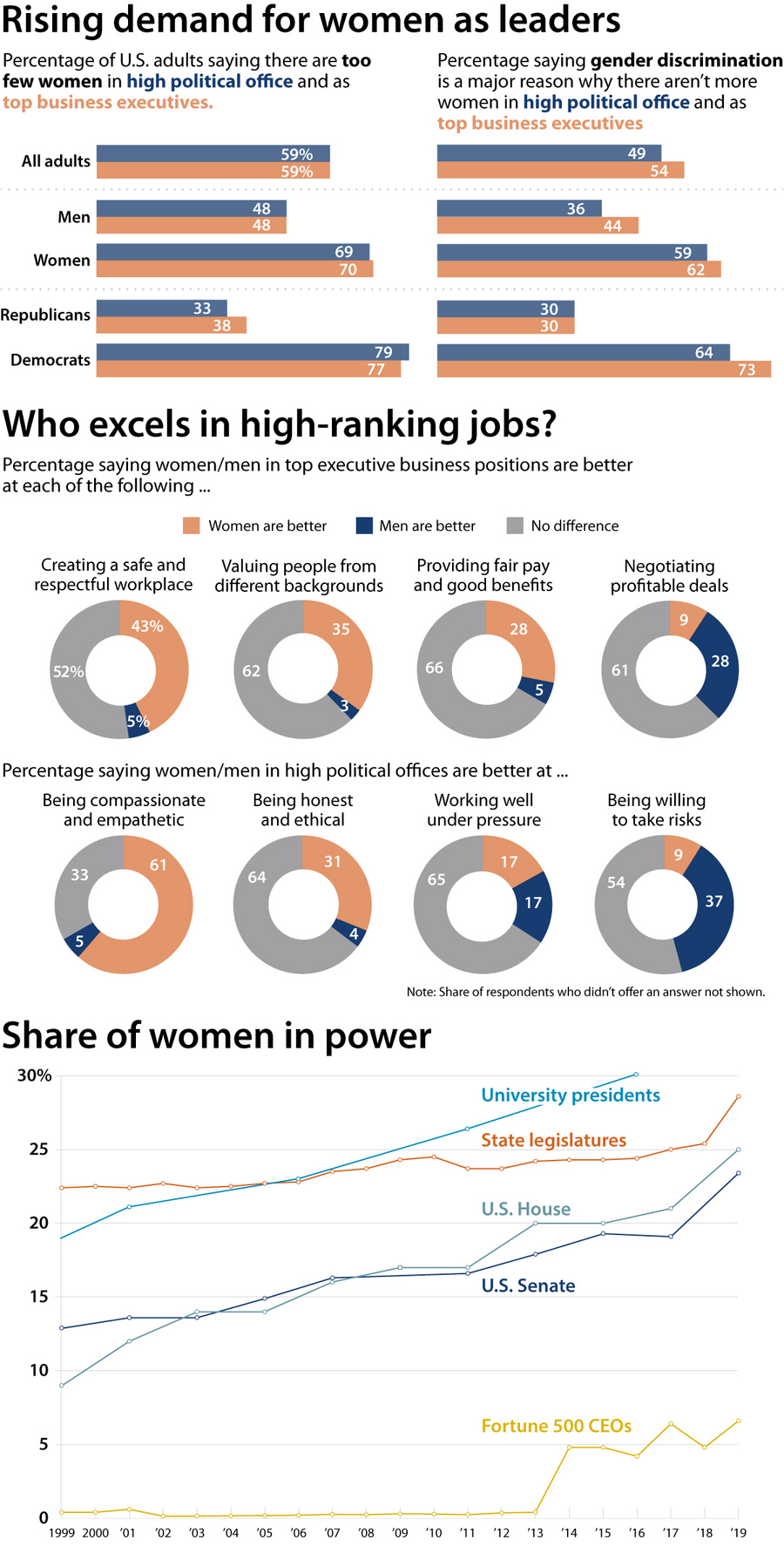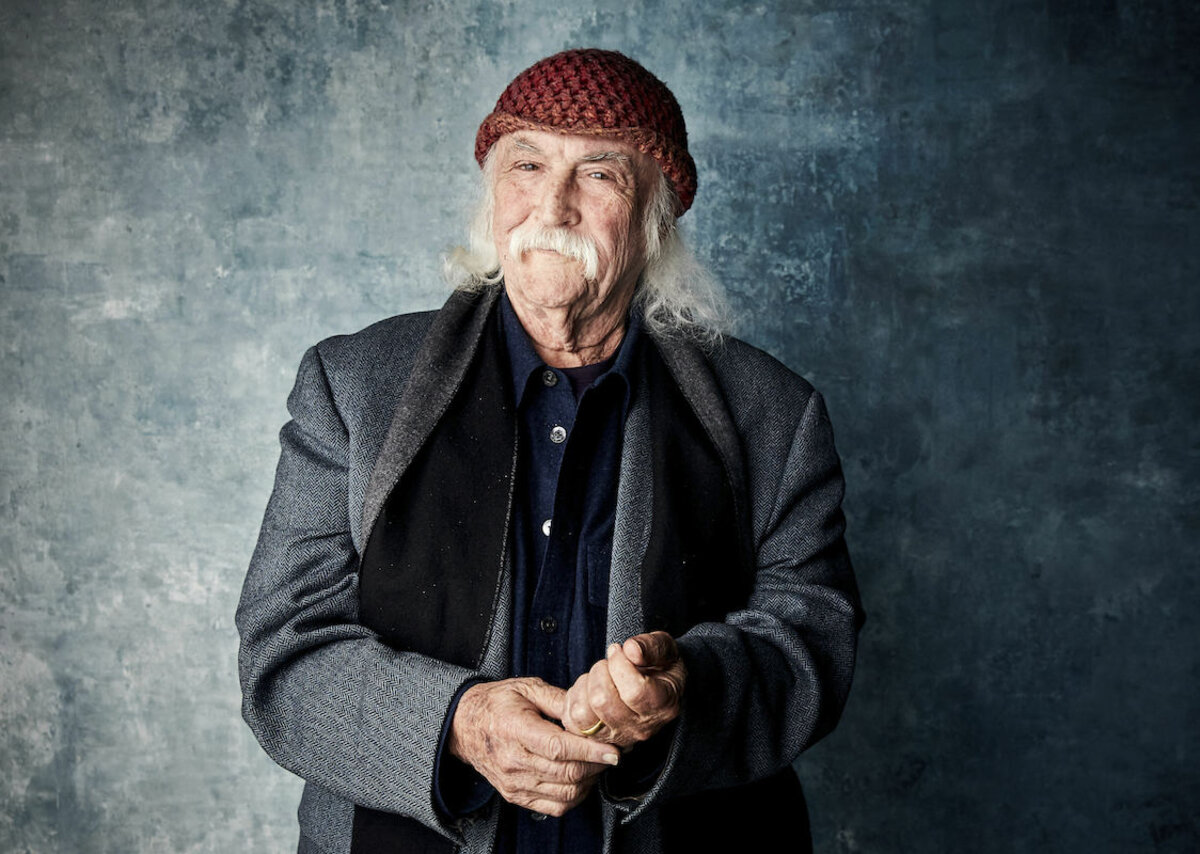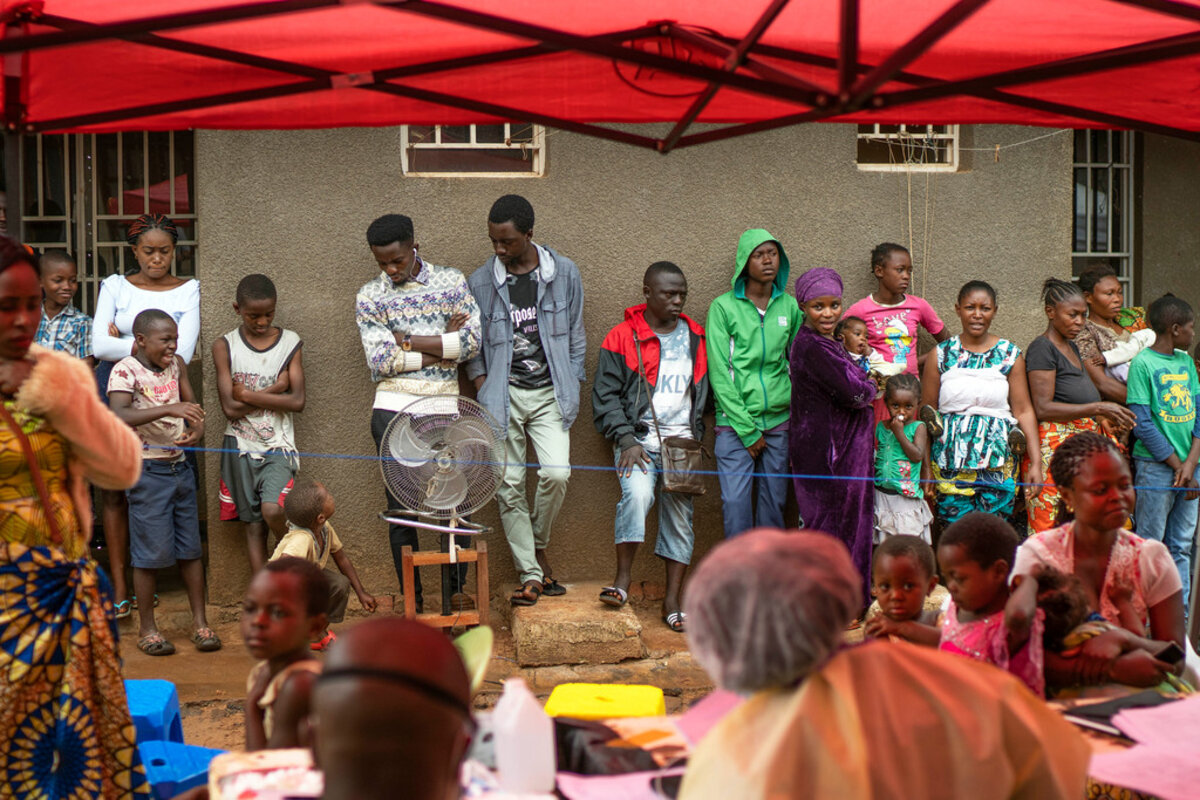If one word has dominated the U.S. news cycle lately, it’s probably “racist.” But the shouting match over presidential tweets is surfacing a divide over the definition of that incendiary word.
Monitor Daily Podcast
- Follow us:
- Apple Podcasts
- Spotify
- RSS Feed
- Download
 Noelle Swan
Noelle Swan
Welcome to your Monitor Daily. Today we’ll explore perceptions of racism, negotiations for peace, the identity of a protest generation, a growing embrace of women’s leadership, and defiance of societal expectations.
But first: It’s hard to get to know a place from afar. Before packing my bags for a reporting exchange in Hawaii, I did my best to learn about the 50th state. I quickly realized that my frame of reference had been built on a Hollywood fantasy.
Journalists by nature seek to probe beneath this kind of veneer. But any reporter heading into an unseen destination runs the risk of tapping into well-worn tropes.
At the Monitor, this is something we actively guard against.
My trip to Hawaii was the start of a new Monitor initiative designed to bolster those guards. During my three-week stay I was welcomed into the newsroom of Honolulu Civil Beat, a local, investigative journalism outlet. They offered me a desk, a reporting partner, and a trove of local knowledge. The editor even welcomed me into her home for the duration of my stay.
That immersion into daily life yielded a rare glimpse beyond the tropical awe of a tourist and the hyperfocus of a journalist on a brief reporting trip.
One story from that trip has already been published. Two more are still in production.
In the coming months and years, we hope to forge more partnerships like this with local newsrooms. We believe these collaborations can make us stronger, both as journalists and as citizens.










